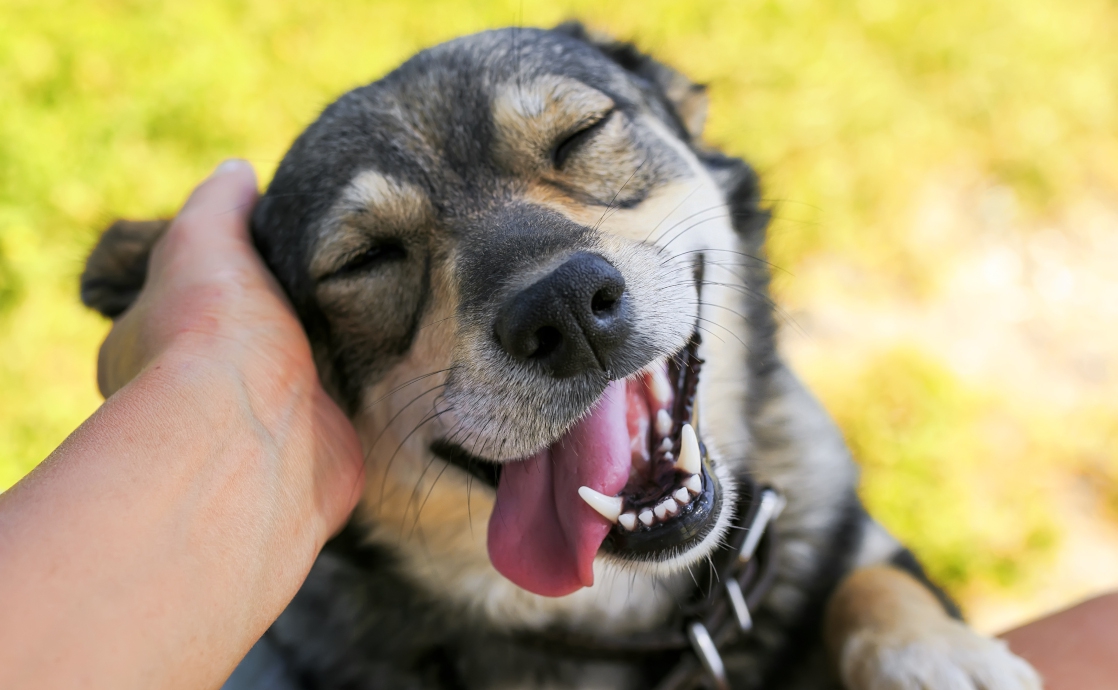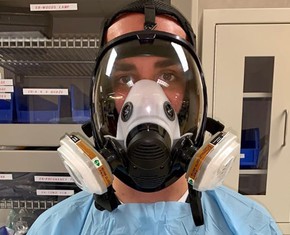The views expressed in our content reflect individual perspectives and do not represent the authoritative views of the Baha'i Faith.
One of my friends works for a company that manufactures and sells novelty items for pets.
Looking through their product catalogue, I was amused by many of the items; but the cost of some of them really surprised me.
Though I don’t mean to question how people spend their money, I do wonder if the animals are any better off wearing the clothes or playing with the toys or eating the food in that catalogue. Whatever may be the case, I do recognize that beneath it all is a love for the animals and the idea of regarding them as members of the family—and that is a wonderful thing.
RELATED: Do Animals Have a Soul or a Conscience?
Many passages in the Baha’i writings mention kindness to animals. This one from Abdu’l-Baha captures the essence of them:
… to blessed animals the utmost kindness must be shown, the more the better. Tenderness and loving-kindness are basic principles of God’s heavenly Kingdom. – Selections from the Writings of Abdu’l-Baha, p. 159.
Other passages from the Baha’i teachings emphasize that kindness to animals should be at least as great as kindness to people. In fact, the Baha’i teachings exhort us all to even “show greater kindness to them than to man:”
Sensibility is the same whether you harm man or animal: there is no difference. Nay, rather, cruelty to the animal is more painful because man has a tongue and he sighs, complains and groans when he receives an injury … but the poor animal cannot speak, it can neither show its suffering nor is it able to appeal to the government. … Therefore one must be very considerate towards animals and show greater kindness to them than to man. – Abdu’l-Baha, Baha’i World Faith, p. 373.
While it is true that people get to know their pets well enough to have their own form of communication with them, this does have its limitations.
I appreciate seeing children being tender and loving to animals, as it results not only in happy animals but also children who acquire a lifelong concern for animals. As a bonus, the children can learn from the animals. For example, there is no racial discrimination among them; dogs don’t care if another dog is black, brown, white, or spotted. Their eyes are capable of detecting colors (as shades of grey), but they have no judgments or hierarchy based on color. At any age, we humans can do the same, by perceiving colors without judging them. As with plants in the garden, we can welcome and even purposely seek variety for its richness, beauty, and pleasure—not as a source of either distress or dislike.
If we think about animals in general, we can understand the necessity for protecting their habitats and trying our best to prevent their extinction. As yet one more reason to be concerned about environmental degradation and climate change, we must give priority to the welfare of animals. They cannot defend their territory against our machinery, commercial expansion, and industrial exploitation; they cannot raise their own food or find alternative crops. They depend on us to protect their environment.
If we think about animals as pets, then we see that our homes comprise their environments. A family pet might be a horse, dog, cat, fish in a bowl, lizards in a box, birds in a cage, or any of a long list of possibilities. As members of the family, they directly receive love, attention, and a level of care beyond that of other animals.
RELATED: The Spiritual Imperative of Kindness to All Animals
Social animals, most notably dogs, benefit from training—much like human children benefit from education. As a result of training they can live comfortably in our homes and be respectful to neighbors. Professionally trained working animals, especially companion dogs, may begin as working animals—but they quickly bond with their owners and enjoy reciprocal love. (I do wish we had a better word in English than “owner” for this relationship.)
We have probably all heard or read about pets that perform heroic acts to assist or even to save their humans. These thrilling stories show the strength of the mutual relationship. Despite their lack of specific training for those heroic and even selfless instinctual acts, their innate intelligence combined with love somehow inspired them.
Not everyone has a pet. Some people are allergic to animals. Or maybe they aren’t home enough to be attentive to the animals. There can be financial reasons or other practical constraints. Or maybe they just aren’t inclined, in which case not having a pet qualifies as an act of kindness, too. But if we do have pets, then caring for them becomes a responsibility as well as a privilege. They belong to the family, and the family belongs to them—which means the love goes both ways.
You May Also Like
Comments

















God has been trying to teach humans to become someone like you. The only reason one should have a pet is to save that animal from a bad situation and not buy it for self-enjoyment.